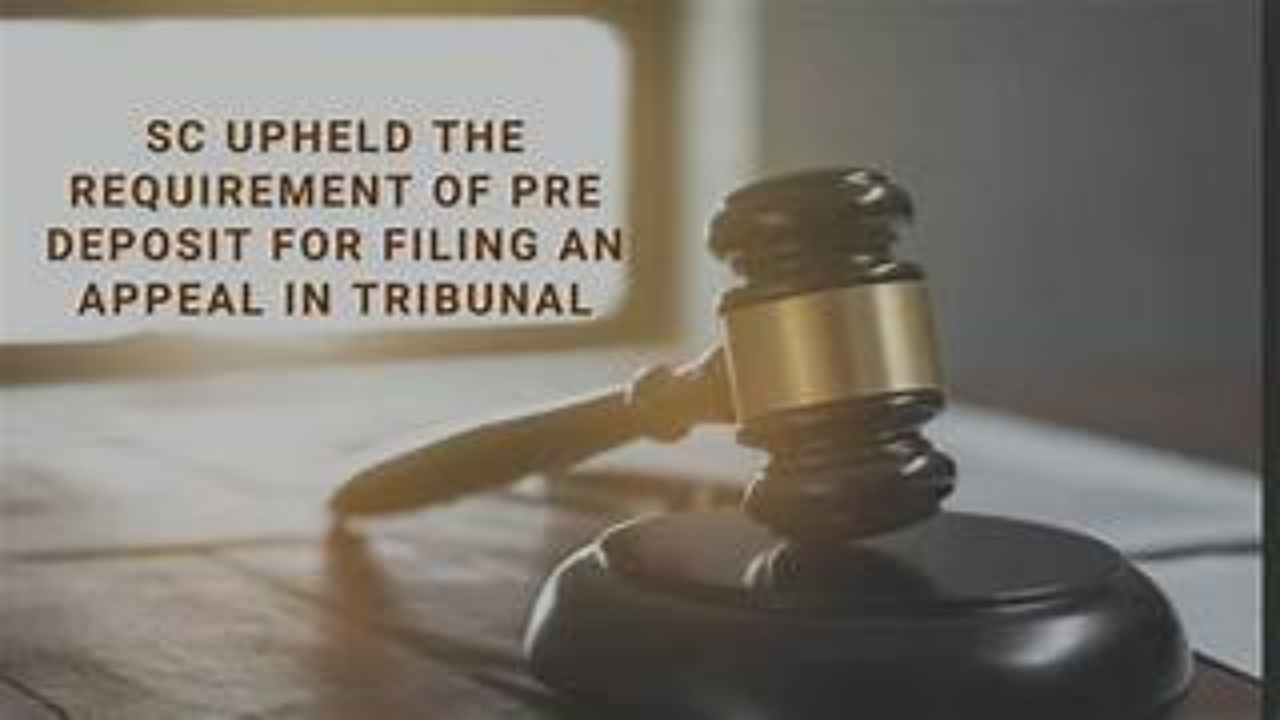Filing a tax appeal? Don’t expect financial hardship to get you out of paying the mandatory pre-deposit.
That’s the clear message from the Supreme Court in the recent case of Altafhusen Mayuddin Khatri v. Union of India & Anr. The Court held that financial inability is not a valid reason to waive or reduce the pre-deposit required under Sections 35B and 35F of the Central Excise Act, 1944.
The Case in a Nutshell
The petitioner, Altafhusen Mayuddin Khatri, was hit with a tax demand of over ₹400 crores and an equivalent penalty. To appeal the decision, he was required to make a pre-deposit of ₹10 crores. Citing financial hardship, he asked for the amount to be waived, but both the Gujarat High Court and, ultimately, the Supreme Court, rejected his plea.
The Court’s Ruling
The Supreme Court reinforced that the pre-deposit provisions are mandatory. They exist for a reason: to balance the right to appeal with the need to protect government revenue. Allowing waivers for financial hardship would defeat this purpose and open the door to frivolous appeals.
The Court also made it clear that you can’t use a High Court writ petition to bypass this statutory requirement. The pre-deposit is a fundamental condition for the appeal itself.
What This Means for You
This ruling confirms a consistent judicial stance: if you want to challenge a tax demand, you have to follow the rules, no matter your financial situation. This principle applies not only to the Central Excise Act but also to similar provisions in other tax laws, like the GST Act (Sections 107 and 112).
In short, the pre-deposit is a non-negotiable step in the tax appeal process.

